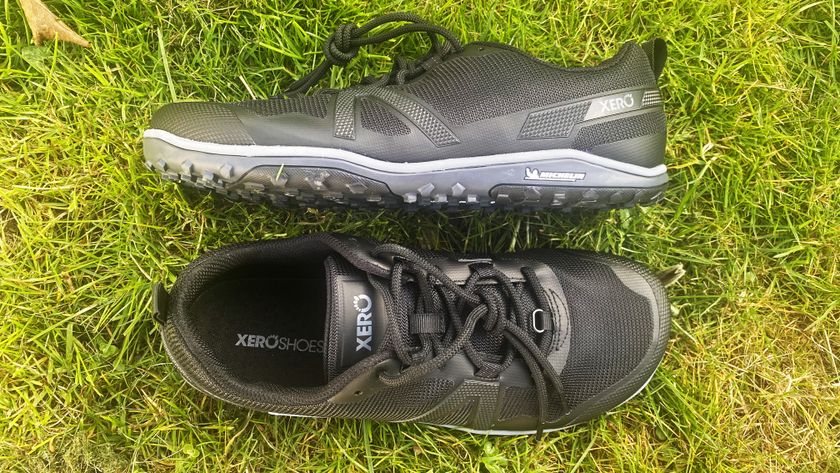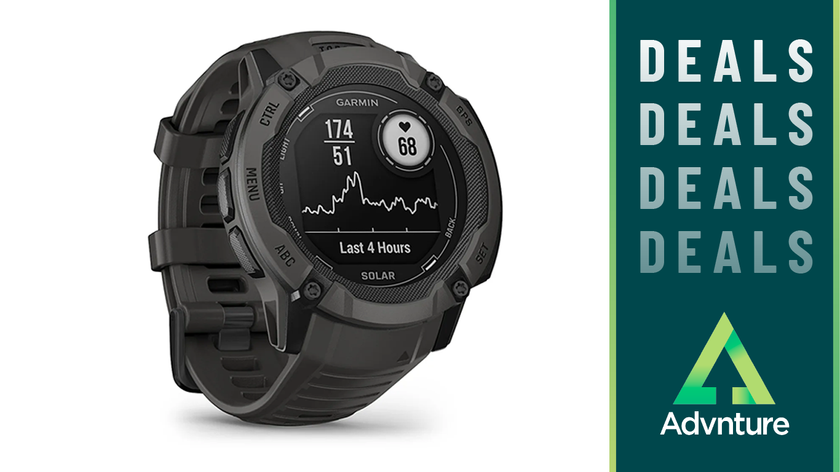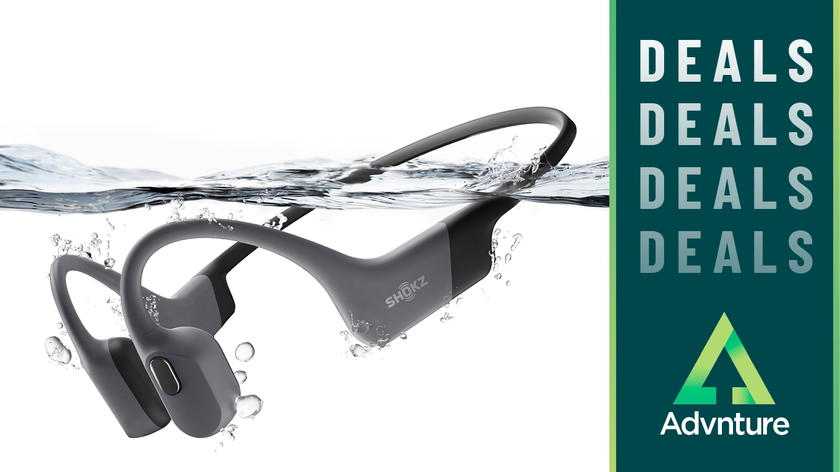Fitbit is making a pair of sports headphones, new patent suggests
Fitbit released a pair of health-tracking headphones back in 2017, but it might be about to revisit the idea
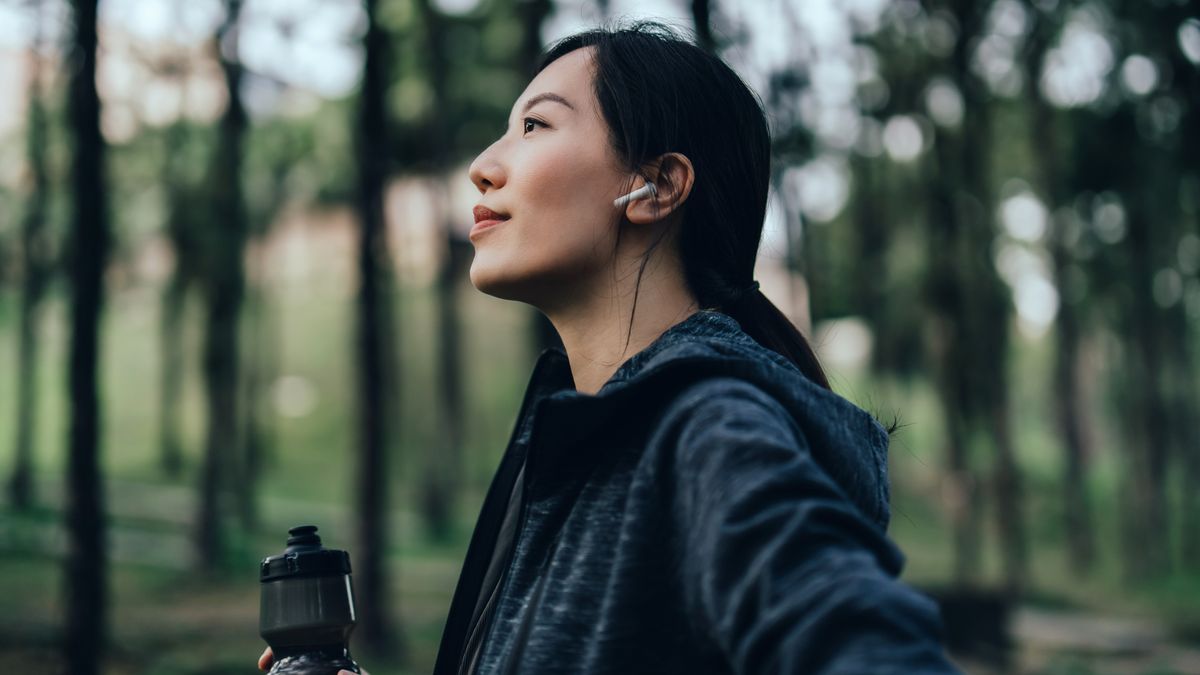
Fitbit has registered a new patent for a heart rate monitor that could be built into a pair of headphones and track your pulse from inside your ear canal. The patent for in-canal heart rate monitoring apparatus (document reference US 11666235 B2) was first submitted in 2020, but only published by the US Patents and Trademarks Office this week.
The hypothetical headphones might not just track your pulse, either. According to Fitbit's documentation, data collected "may comprise motion data regarding the wearer's movements, ambient light, ambient noise, air quality, etc, and/or physiological data obtained by measuring various physiological characteristics of the wearer, such as heart rate, perspiration levels, and the like."
It's all interesting stuff, and this wouldn't be Fitbit's first foray into audio. In 2017, the company launched the Fitbit Flyer – a pair of running headphones designed to connect to the Fitbit Ionic smartwatch. However, there have been no more releases since, and the Ionic with withdrawn from sale in 2022 after reports of the device overheating and burning users' skin, leaving the Flyer grounded.
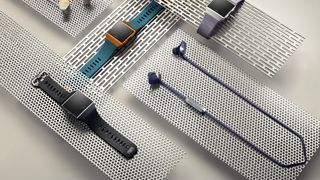
The Fitbit Flyer was generally well received thanks to its powerful sound, and its successor could sound even better. Google bought Fitbit in January 2021, so the second-generation Flyer could use the same tech found in the Google Pixel Buds Pro, such as active noise cancellation, a full five-band EQ, and volume EQ that tweaks the tuning as you turn the volume up and down.
Of course, a patent isn't a guarantee that we'll ever see a finished product. If you want a pair of fitness-tracking headphones right now, the Amazfit Powerbuds Pro get my personal seal of approval. When I tested them for Advnture's sister site TechRadar, I was generally impressed by their bass-heavy sound and active noise cancellation.
Heart rate measurements were higher than those recorded by my GPS watch, but for monitoring trends they worked well enough – and they can check the alignment of your cervical spine and warn you if you're slouching.
- Best Garmin watch: all the latest models tested and rated
Advnture Newsletter
All the latest inspiration, tips and guides to help you plan your next Advnture!

Cat is Homes Editor at TechRadar and former editor of Advnture. She's been a journalist for 15 years, and cut her teeth on magazines before moving online. She helps readers choose the right tech for their home, get the best deals, and do more with their new devices.

